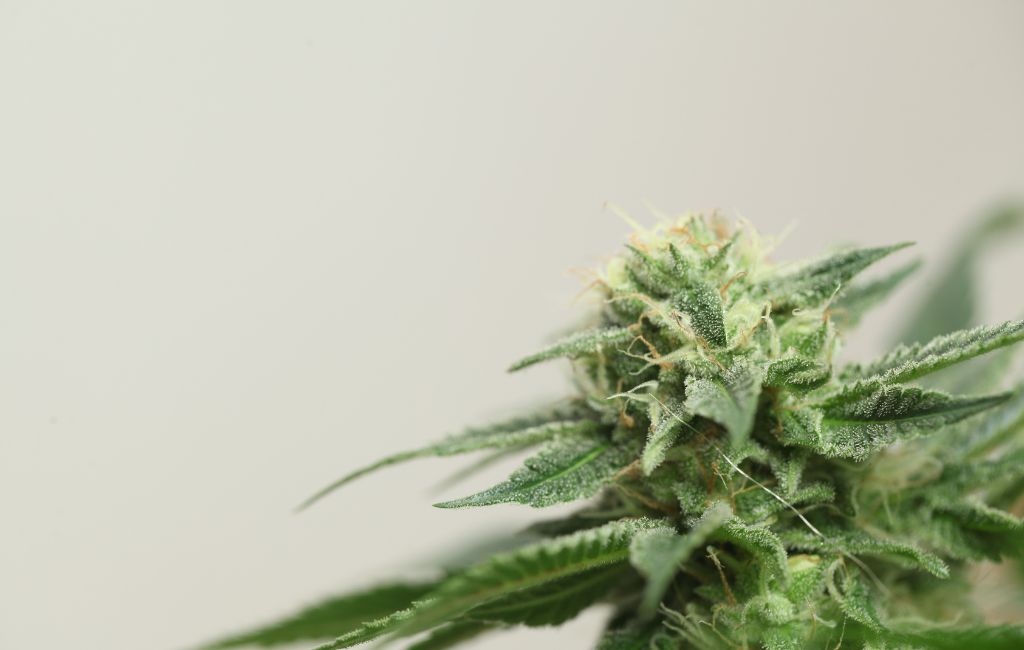
THCa Flower: Holistic Healing
THCa Flower: The Natural Choice for Holistic Healing
In recent years, the interest in natural and holistic healing methods has surged. Among the various options available, THCa flower has emerged as a popular choice for those seeking alternative remedies. This article explores the benefits, uses, and scientific backing of THCa flower, providing valuable insights for anyone interested in holistic health.
Understanding THCa Flower
THCa, or tetrahydrocannabinolic acid, is a non-psychoactive cannabinoid found in raw and live cannabis. Unlike THC, THCa does not produce a high when consumed. Instead, it offers a range of potential health benefits, making it an attractive option for those looking to avoid the psychoactive effects of THC.
How THCa Differs from THC
THCa and THC are chemically similar, but they have distinct differences. THCa is the precursor to THC. When cannabis is heated through smoking, vaping, or cooking, THCa converts to THC in a process called decarboxylation. This transformation is what gives THC its psychoactive properties.
Health Benefits of THCa Flower
Research into THCa is still in its early stages, but preliminary studies and anecdotal evidence suggest several potential health benefits:
- Anti-inflammatory Properties: THCa has shown promise in reducing inflammation, which can be beneficial for conditions like arthritis and other inflammatory diseases.
- Neuroprotective Effects: Some studies indicate that THCa may help protect brain cells, potentially offering benefits for neurodegenerative diseases such as Alzheimer’s and Parkinson’s.
- Anti-emetic Benefits: THCa may help reduce nausea and vomiting, making it a potential option for those undergoing chemotherapy or suffering from chronic nausea.
- Antioxidant Properties: THCa has been found to have antioxidant properties, which can help protect cells from damage caused by free radicals.
Case Studies and Real-World Examples
Several case studies and real-world examples highlight the potential of THCa flower in holistic healing:
Case Study: Arthritis Relief
A 2019 case study published in the Journal of Pain Research examined the effects of THCa on a patient with severe arthritis. The patient reported significant pain relief and improved mobility after incorporating THCa flower into their treatment regimen. This case underscores the potential of THCa as an anti-inflammatory agent.
Example: Neuroprotective Benefits
In another example, a 2020 study conducted by researchers at the University of California found that THCa exhibited neuroprotective properties in animal models of Parkinson’s disease. The study suggested that THCa could help slow the progression of neurodegenerative diseases, offering hope for future treatments.
How to Use THCa Flower
There are several ways to incorporate THCa flower into a holistic healing routine:
- Raw Consumption: Consuming raw cannabis leaves or flowers in smoothies or salads preserves the THCa content, allowing users to benefit from its properties without the psychoactive effects of THC.
- Tinctures and Oils: THCa tinctures and oils can be added to food or taken sublingually for easy and precise dosing.
- Topicals: THCa-infused creams and balms can be applied directly to the skin for localized relief from pain and inflammation.
Scientific Backing and Future Research
While the current body of research on THCa is limited, the existing studies are promising. Researchers are continuing to explore the potential benefits of THCa, with several clinical trials underway. As more data becomes available, the understanding of THCa’s therapeutic potential will likely expand.
Current Research Initiatives
Several institutions are conducting research on THCa, including:
- National Institutes of Health (NIH): The NIH is funding studies to investigate the anti-inflammatory and neuroprotective properties of THCa.
- University of California, San Francisco (UCSF): UCSF researchers are exploring the potential of THCa in treating neurodegenerative diseases.
- Private Research Firms: Several private companies are conducting clinical trials to assess the safety and efficacy of THCa for various medical conditions.
Legal Considerations
The legal status of THCa flower varies by region. In some areas, THCa is classified similarly to THC, while in others, it is considered a separate compound with different regulations. It’s important to research local laws and regulations before purchasing or using THCa flower.
United States
In the United States, the legal status of THCa is complex. While THCa itself is not explicitly listed as a controlled substance, it can convert to THC when heated, which is federally illegal. Some states have specific regulations allowing the use of THCa for medical purposes.
International Regulations
Internationally, the legal status of THCa varies widely. Some countries have embraced the use of cannabis and its derivatives for medical purposes, while others maintain strict prohibitions. It’s crucial to understand the legal landscape in your region before using THCa flower.
Conclusion
THCa flower offers a promising option for those seeking natural and holistic healing methods. With its potential anti-inflammatory, neuroprotective, anti-emetic, and antioxidant properties, THCa is gaining attention in the medical community. While research is still in its early stages, the existing evidence suggests that THCa could play a significant role in future treatments for various conditions. As always, it’s important to stay informed about the legal status and ongoing research to make the best decisions for your health and well-being.
- The Duty of THCA Flower in the Future of Medical Cannabis
- The Rise of THCA Blossom: Fads in the Marijuana Market You Should Know
- .” Does Alcohol consumption Greater Than One Mug a Day Matter? Experts Weigh In.”
- Gold IRA Business Reviews: Who Triumphes?
- ** The Effect of Gold Individual Retirement Account Charges on Your Financial Investment Method **.